Commitment to People and Planet
Sourcing Sustainable and Upcycled Materials

We strive to source our products from vendors who use sustainable, organic or upcycled materials to make their products. We look at the impact that we are having on the climate and the earth and make decisions that will lead to a better future for people, planet, and place – so you can feel good about purchasing our products.
The use of organic materials based on sustainable organic farming practices for materials such as flax and cotton sustains the health of soils, wildlife, and people without overburdening or degrading ecosystems. That means no toxic chemicals and 91% less water than non-organic farming practices.
Commitment to Fair Trade Principles

Fair Trade Principles address social, environmental, and economic standards. These standards are designed to ensure that artisans work in a safe environment, build sustainable livelihoods, and earn additional money to empower and uplift their communities.
Fair trade principles are also aligned with achieving the UN Sustainable Development Goals. Working with artisan groups to improve employment helps achieve Goal 8, to promote full and productive employment and decent work for all; Goal 1 on ending poverty; Goal 2 on food security; Goal 3 on
ensuring health; and Goal 10 on reducing inequalities. Many of the groups that we work with are women-owned businesses or cooperatives, which also helps us contribute toward achieving Goal 5 on attaining universal gender equality.
Heritage By Hand is committed to sourcing all of our products directly from artisan groups and collaboratives that uphold Fair Trade Principles. Most of the artisan groups with whom we collaborate are too small to warrant the investment in the Fair Trade certification process, however they have a commitment to following the principles of fair trade in all aspects of production.
Commitment to Sustaining Cultural Traditions

At Heritage by Hand, we are committed to collaborating with master artisans to help sustain their traditional crafts in a world that is dynamic and evolving. We value these traditions that have been an important part of cultural life for centuries or millennia. By sharing these processes and traditions with you and offering your exquisite products made in traditional ways we contribute to keeping them alive and vibrant. Learn more about this commitment here.
Carbon Off-Setting

For almost a decade now, world environmental agencies have declared climate change the most critical problem of our time. At Heritage by Hand, we have decided to do something about it.
Carbon offsetting is one way to take individual responsibility and respond to the global crisis we face. Offsetting refers to lowering our carbon footprint by investing in projects that minimize our environmental impact. The carbon neutral practices of the artisan groups where we source our materials can serve to off-set the carbon emissions for shipping from their home country to Heritage by Hand in the US.
Based on internationally recognized greenhouse gas methodologies which consider all critical emission factors in the calculation, we dedicate 10% of the cost of every shipment to invest in our carbon off-setting fund. We then re-invest this money in sustainable green technology projects in New Mexico.
Carbon off-setting contributes to attaining the United Nations Sustainable Development Goals of ensuring sustainable consumption and production (Goal 12); climate action (Goal 13); protecting, restoring and promoting sustainable use of ecosystems (Goal 15); bringing well-being to the community; (Goal 16) and improving social life to all possible extent (Goal 11).
Thoughtful Packaging

Heritage by Hand uses paper mailers made from 100% post-consumer recycled paperboard, plastic, and cardboard boxes made with 98% post-consumer recycled materials. All are 100% recyclable. We also use vegetable-based dyes for printing, making recycling more efficient and removing toxicity from the
packaging.
We want you to feel confident that your purchases are not contributing to the larger environmental problems that we face as a planet and welcome your comments on our practices.

